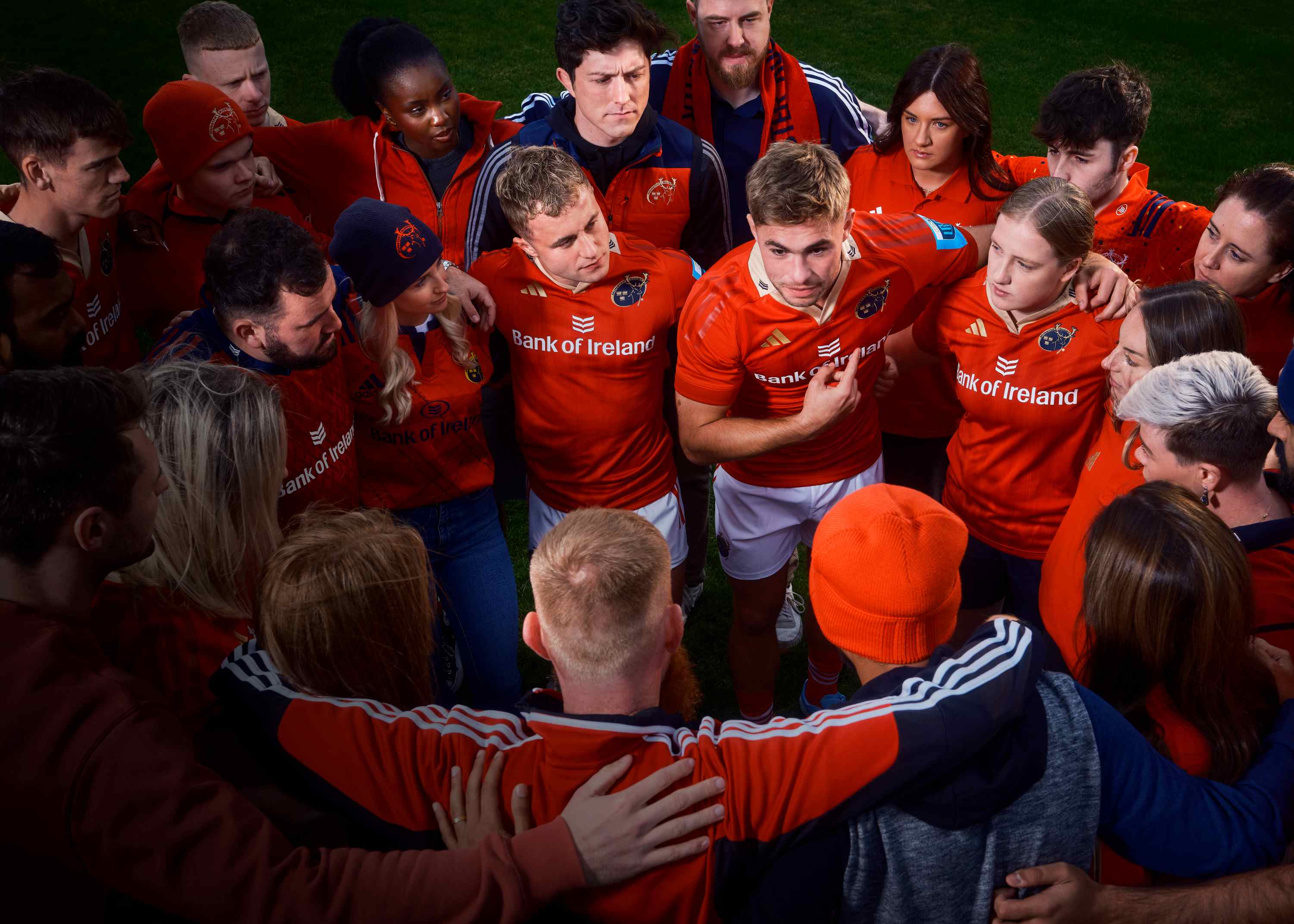How to tell if you're feeling lonely
Anyone can feel lonely. In fact, recent research commissioned by laya demonstrates that 93% of people surveyed are aware of loneliness as a problem in Ireland. Loneliness is usually temporary. However, if we don’t respond to these feelings, they can sometimes lead to longer-term problems. So - let’s consider what loneliness is, and how to spot it.
What is loneliness?
Only you can tell if you are feeling lonely. This is because loneliness is a personal feeling. Loneliness is often confused with other similar feelings – feeling down or low can overlap with feeling lonely, as can feeling rejected or feeling like we don’t belong. Words like “gnawing”, “empty”, “painful”, and “sad” have all been suggested to describe the feeling of loneliness. Loneliness is certainly an unpleasant feeling – and in this way it’s different to solitude, which is a feeling of being pleasantly alone. Loneliness is a pretty common feeling – in the research commissioned by laya, almost 3 in 5 people surveyed said that they felt loneliness at least once a month. So if we are feeling bad, and we know it has something to do with missing other people or places, then we might be feeling lonely.
Am I lonely or am I isolated?
Loneliness is different from social isolation, which means having very few people in one’s social network. Of course, social isolation is pretty easy to spot – we can simply count the people we have in our lives. Loneliness is trickier to spot. This is because loneliness is the result of an internal judgement we make about our level of social connection. If we have less social connection than we would ideally like – or if the connection we have is not good quality - we can feel lonely as a result.
What makes loneliness even trickier to spot is that we all differ on how much social connection we want! Because we all have different levels of “ideal” social connection, it simply isn’t possible to tell whether someone else is lonely based on their levels of social isolation. Let’s take Jane. Jane is 25 years old, unemployed, an only child, and has two close friends. Jane’s social network is pretty small. But Jane herself feels perfectly content in her friendships, and as a result, she doesn’t feel lonely. Meanwhile, Bill, who is 32, has six siblings, large social and professional networks, and feels lonely – because his ideal social connection is much higher than Jane’s. We cover more on who is likely to become lonely here. So when deciding whether you feel lonely, your first task is to decide how much social connection you actually want in your life.
What kind of loneliness am I feeling?
There are different types of loneliness. Usually, the feeling of loneliness is connected with a sense of wanting – we may feel that we miss the social buzz of the office if working at home, for instance, or we may long for a family member living abroad. We can sometimes also feel lonely for a place – missing our old home, for instance, or missing a place we used to work. If you feel lonely, your next question may be to figure out what you are feeling lonely for – if you are feeling lonely for a social network, then joining a club, starting a new sport or hobby, could work well for you. In fact, in the research commissioned by laya, 85% of respondents agreed that sport has a role to play in reducing loneliness. If, however, you feel lonely for family members abroad, this tactic is unlikely to help. It’s important to tune into the type of loneliness you are feeling, so that you can think of the right way to resolve it. We cover some more ways to resolve loneliness here . It’s important to remember that most loneliness passes, and we can sometimes make it pass more quickly by reaching out for social connection in the right way and at the right time.




